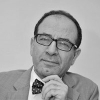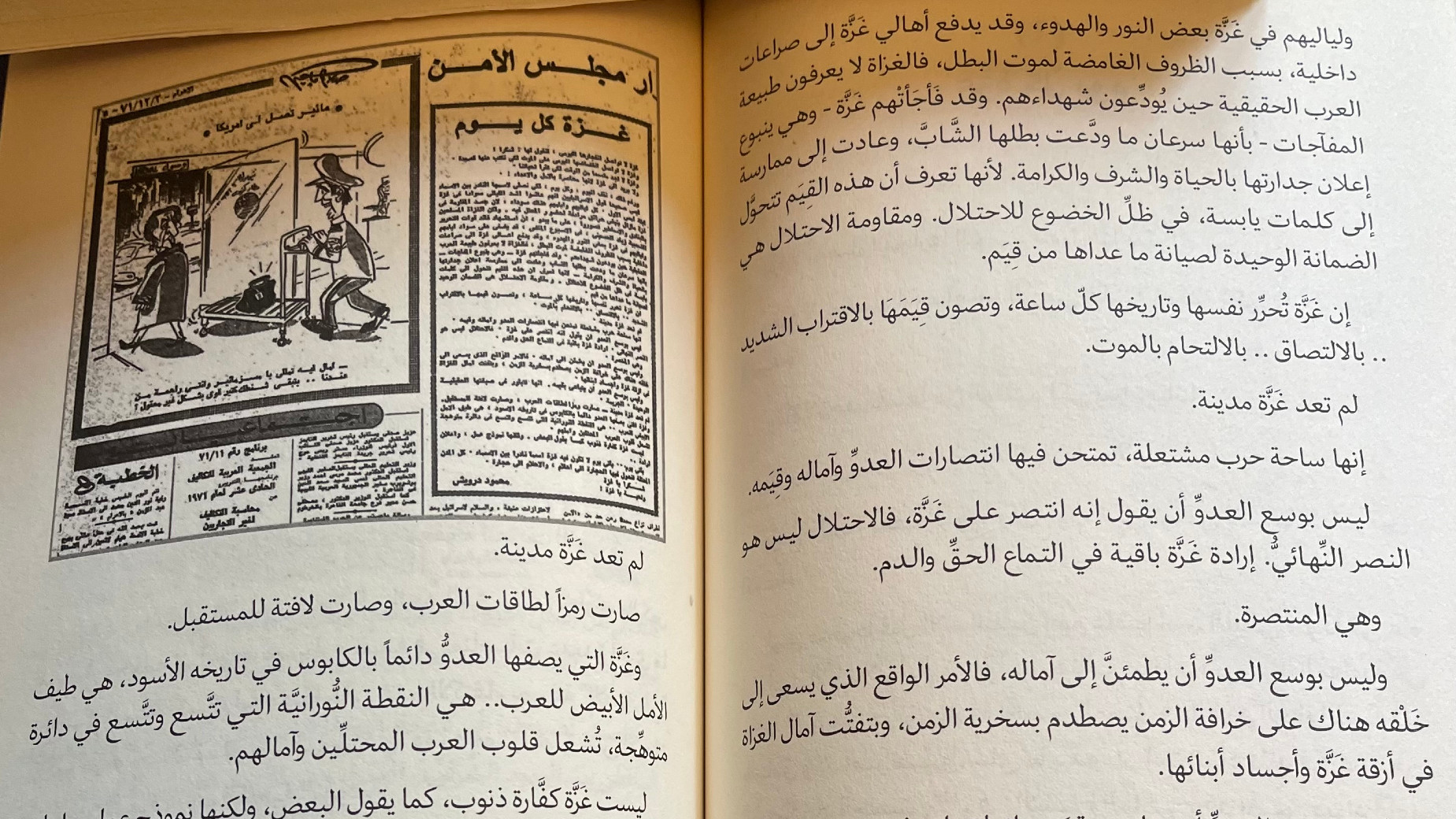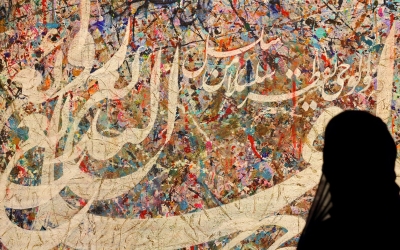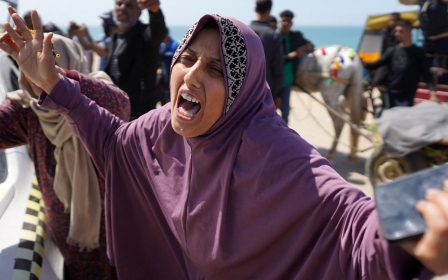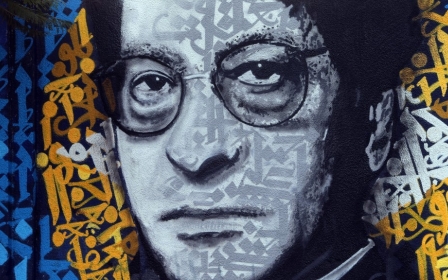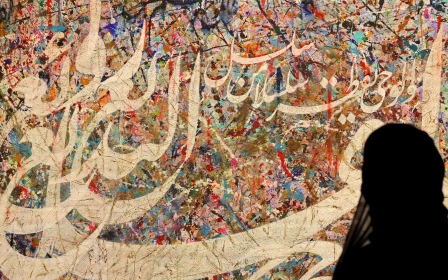How Mahmoud Darwish saluted Gaza as Israel's 'never-ending nightmare'
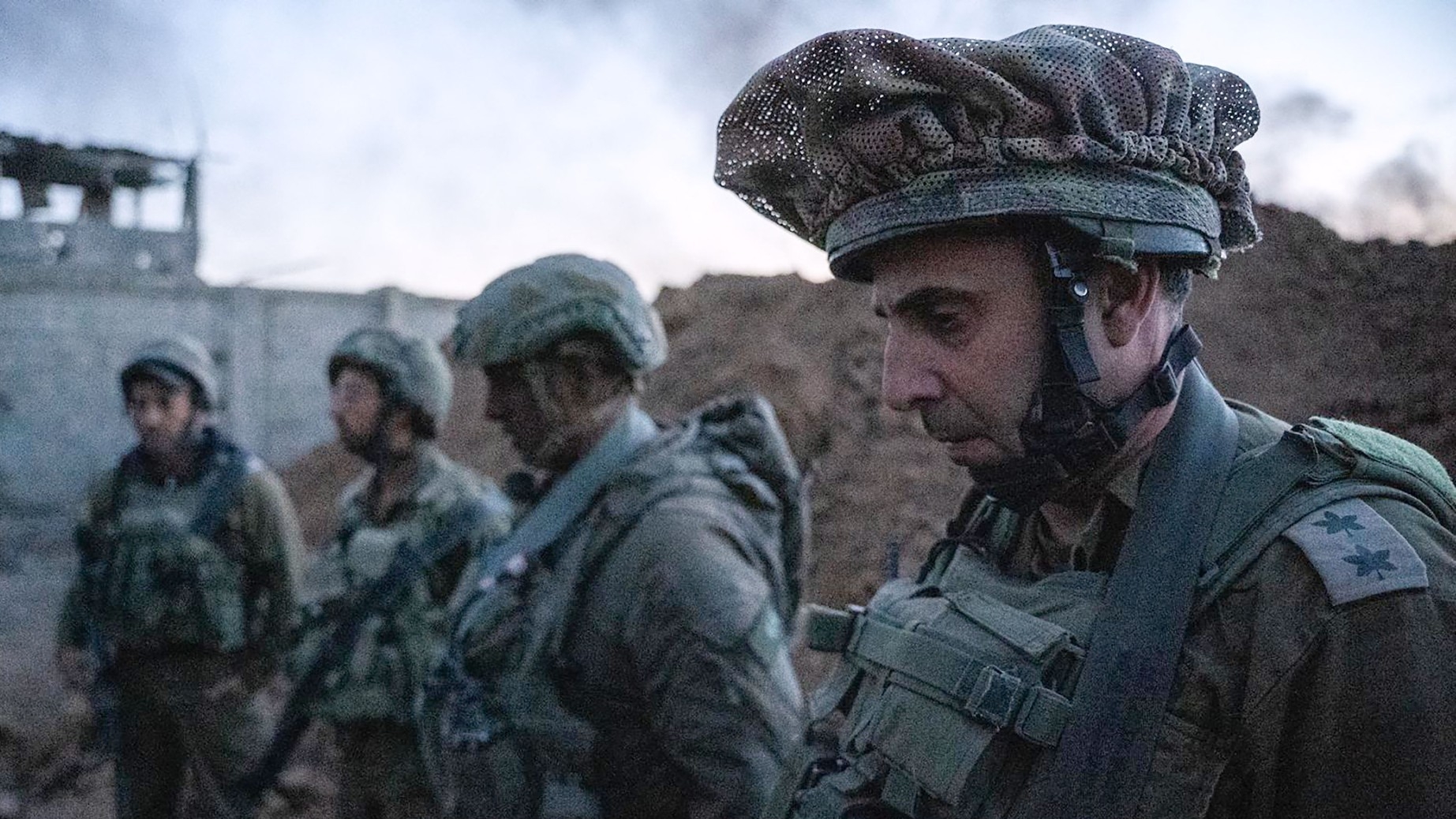
Palestine's most celebrated poet, Mahmoud Darwish (1941-2008), published the short text below in the Egyptian daily Al-Ahram more than 50 years ago on 3 December 1971.
Towards the end of November of that year, the Gaza Strip erupted in resistance to the Israeli occupation, following the killing of Ziad al-Husseini on 21 November.
Born in 1943, al-Husseini was the leader of a group of resistance fighters who refused to accept the occupation.
At the time, Moshe Dayan, then-Israeli defence minister, reportedly said that he ruled Gaza during the day while al-Husseini ruled it at night. Such was al-Husseini's fame.
On that ill-fated day in November, al-Husseini fell to his death in suspicious circumstances that the Israeli occupation sought to exploit to sow division among the Palestinians in Gaza.
New MEE newsletter: Jerusalem Dispatch
Sign up to get the latest insights and analysis on Israel-Palestine, alongside Turkey Unpacked and other MEE newsletters
Darwish's short essay, Immortal Gaza, refers to this Israeli effort, which it counters by celebrating the deep solidarity among Palestinians and how this solidarity comes into its own during times of stress and tragedy.
A rallying cry
The text is remarkable in many ways. It speaks most eloquently to the situation in Gaza in our times as if it were written today.
Time passes but the eternal spirit of Gaza persists. The fortitude of its inhabitants, their unbreakable solidarity and their refusal to submit to Israeli occupation are destined to triumph.
Darwish's essay speaks most eloquently to the situation in Gaza in our times as if it were written today
Gaza will be victorious, Darwish declares. In the full sweep of history, it will become an iconic symbol of resistance and hope.
And writing before the outbreak of the first Palestinian Intifada of 1987, Darwish presciently talks about how Palestinians will resist the occupation with stones to achieve their dreams of liberation and redemption.
The Palestinians of Gaza, according to Darwish, are proud Arabs, fighting on behalf of all Arabs in their rejection of the Israeli occupation of Arab lands. This was before Camp David and Oslo.
Darwish's words might sound hollow these days considering the lamentable stance of Arab officialdom towards the war on Gaza. However, I contend that Israel's brutal killing of Palestinians is of great concern to ordinary Arabs everywhere.
Follow Middle East Eye's live coverage of the Israel-Palestine war
Even more, Gaza has become a Vietnam-like rallying cry to hundreds of millions of people around the world.
Gaza is immortal because the plight of its innocent children, women, men and the elderly has touched the hearts and souls of anyone who refuses to turn a blind eye to the unspeakable suffering of fellow human beings.
Immortal Gaza
Gaza does not persist in its daily eruptions to elicit our thanks!
Gaza does not pounce on death every day for us to eulogize her in poetry.
Gaza has no time to read our greetings.
The post does not reach Gaza [these days] because it is under siege, surrounded by hope and encircled by enemies.
Despite all of this, we stand today and every day in prayer for its name, which is, when all is said and done, a rare and incomparable name.
It is not true that the Israelis lived their darkest night in Gaza the day before yesterday. All their nights and days in Gaza are dark because the spirit of the resistance beats [fiercely] with a raging fire matching the presence of the occupier among us.
Armed with rifles and myths, the occupiers seemed to think that the falling of the martyr Ziad al-Husseini, the leader of the popular liberation forces, last week might light up their nights and days in Gaza and give them some respite.
Refusing to acknowledge the true nature of the [Gazan] Arabs, the occupiers miscalculated, believing that the suspicious circumstances that led to this hero's martyrdom would result in internal strife and conflict.
The Gazans are never more united than when they bid farewell to their martyrs.
Gaza, the mother of all surprises, quickly bade farewell to its young martyr and returned to what it knows best: proclaiming it deserves to live in dignity and honour. Gaza knows these values would turn into frozen words should it submit to the occupation. And Gaza knows that resisting the occupation is the only guarantee to protect the values it cherishes.
Gaza liberates itself and its history every hour. Gaza protects its values by drawing close to death, by binding itself to death, by fusing with it.
Gaza is no longer a city.
It is a burning battlefield in which the adversary's victories, hopes and values are tested.
The adversary cannot say that he has won in Gaza. Occupation can never be a final victory. The will of Gaza continues to shine through the truth and the martyrs' blood.
Gaza is victorious!
The adversary cannot rest assured that his hopes will last. The illusory facts on the ground he is trying to create [in Gaza], thinking that time is on his side, will be mocked by that very same time, as well as by the trail of crushing defeats past invaders suffered in the alleyways of Gaza at the hands of its sons and daughters.
The adversary cannot boast of his great values. These values are there for all to see in their true colour: death and murder.
Gaza is no longer a city.
Gaza has become a symbol of the strength and power of the Arabs and a public sign for the future.
Gaza, described by the adversary as a never-ending nightmare in his dark history, is a spectrum of hope to the Arabs. It is a luminous speck that expands and expands in a halo of light, igniting the Arabs' feelings and hopes.
Gaza is not an atonement for some sin, as some would have it. On the contrary, it is a model to be emulated in the future. It is a declaration of will.
There will come a day, surely, when the name "Gaza" will not be a rarity.
In all occupied [Palestinian] cities, stones will turn into dreams and dreams will be transformed into stone blocks [for building a better future].
Thank you, Gaza! Thank you, Gaza!
Al-Ahram, 3 December 1971
The views expressed in this article belong to the author and do not necessarily reflect the editorial policy of Middle East Eye.
Middle East Eye delivers independent and unrivalled coverage and analysis of the Middle East, North Africa and beyond. To learn more about republishing this content and the associated fees, please fill out this form. More about MEE can be found here.


